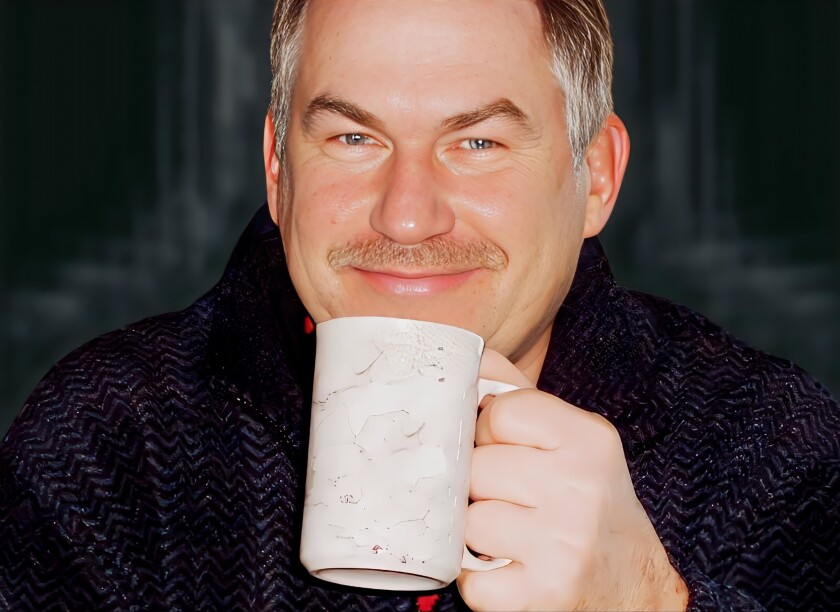Election season has a way of stirring every corner of the American soul, like a brisk wind sweeping across Lake Superior. Suddenly everyone is a political philosopher, social critic, prophet of doom or prophet of dawn, depending on how they feel about their choices. Neighbors who usually wave from across the street start to give each other a little sideways glance, wondering what that “I stand with…” bumper sticker might mean when it comes to springtime backyard barbecue invitations.
But this year, perhaps more than others, the election felt like a showdown between two archetypes: a matriarch and a patriarch. It was almost like mythology, the kind of story where gods take sides and mortals get to choose their champions.
On one side was the matriarch, a figure projected as steady and watchful, though to some of us she was unapproachable, as if more interested in appearance than the strength needed to truly protect.
On the other side was the patriarch, determined, unbending, the type who stands guard at the gate, willing to take the hits if it means everyone else stays safe.
And wasn’t that what this election was all about, protection, simply? Forget all the fancy talk about politics and progress, which tended to be about as exciting as a cold cup of coffee at dawn. What people were really looking for was someone they could trust to keep the wolves at bay, someone who wouldn’t buckle when the wind was blowing hard. Some wanted the strength that feels like home and tradition, like an old sturdy oak. Others sought a different kind of strength, a protection that promises to adapt and evolve, even if it means changing shape along the way.
Now there were those who took to social media and posted all kinds of comments about the candidates and who was best suited to lead. Sometimes you’d scroll through your feed and get the sense that people were starting to sound a little silly, quick to tell the world who’s right and who’s wrong, often as if the matter was settled over morning coffee and a muffin. Some dismissed a candidate’s pledge to protect, waving it off as either unnecessary or over the top.
But to me, protection was what this election was about, and it was a theme that ran deeper than party lines or campaign slogans.
You know, there was a certain charm to it all. In our own little way, we participated in a kind of family argument. And like any family debate, it got heated at times. We were all convinced that we knew what was best, even if it meant talking a little too loudly over each other.
Yet, as much as we disagreed, we remained bound by the shared hope—that whoever ended up in charge would look out for us, even if we didn’t choose them ourselves.
Elections are messy, wonderful exercises in democracy, with all the resentment and stubbornness.
On election day, we didn’t just vote for a figurehead; we voted for the kind of future we wanted and the kind of protection we believe in. Whether we believe in the matriarch or the patriarch, we can take comfort now in knowing that when the dust settles, we will still be neighbors. The polls closed, the lawn signs will come down and we can now go back to our regular lives, catching up at the grocery store or sharing a laugh on the front porch.
In the end, perhaps what matters is that we continue to choose, continue to believe in the idea that a leader can protect what we hold dear. Because at its heart, protection is not just a promise by politicians; it’s the quiet work of people across this country, looking out for each other, keeping the lights on for the next generation.
And perhaps that’s the truest kind of protection—the one we give each other, regardless of who’s in charge.
John Sonson of Hill City, South Dakota, grew up in Lakewood Township and writes short stories in retirement. He wrote this exclusively for the News Tribune.

